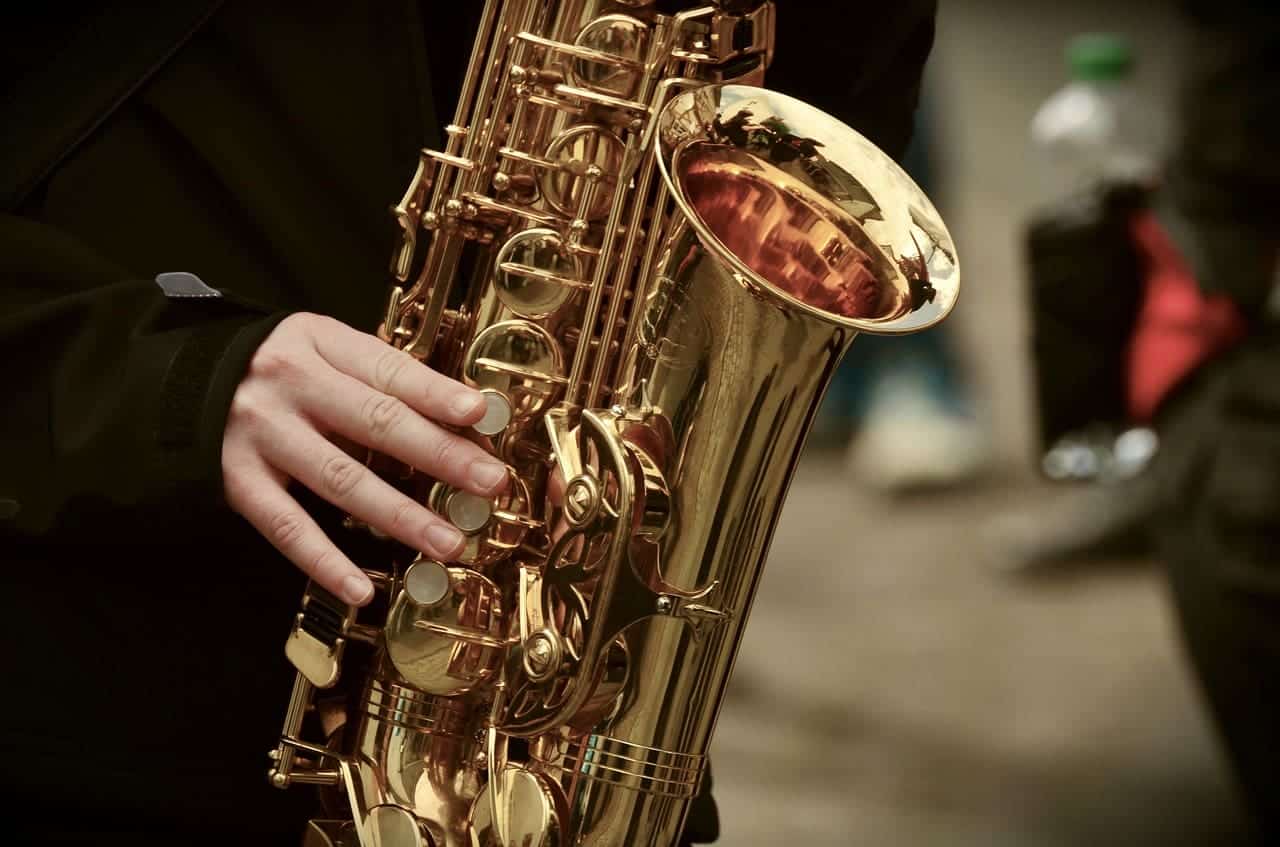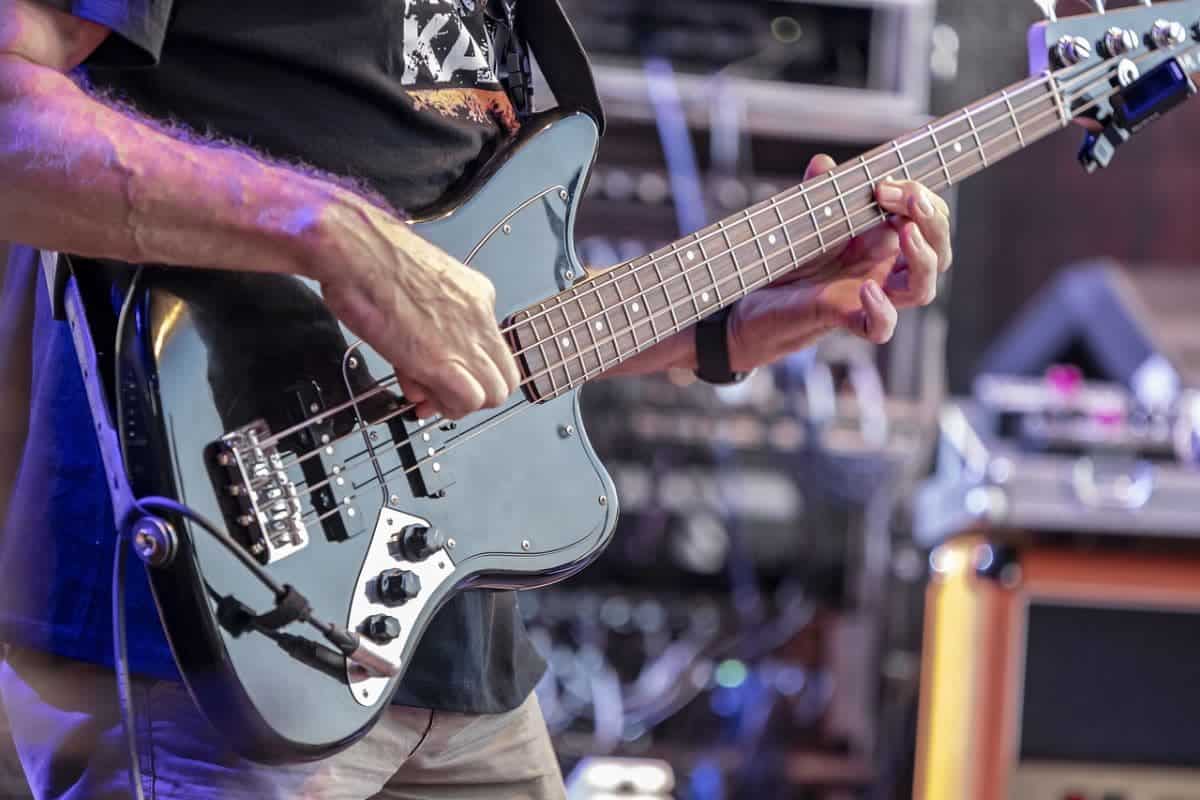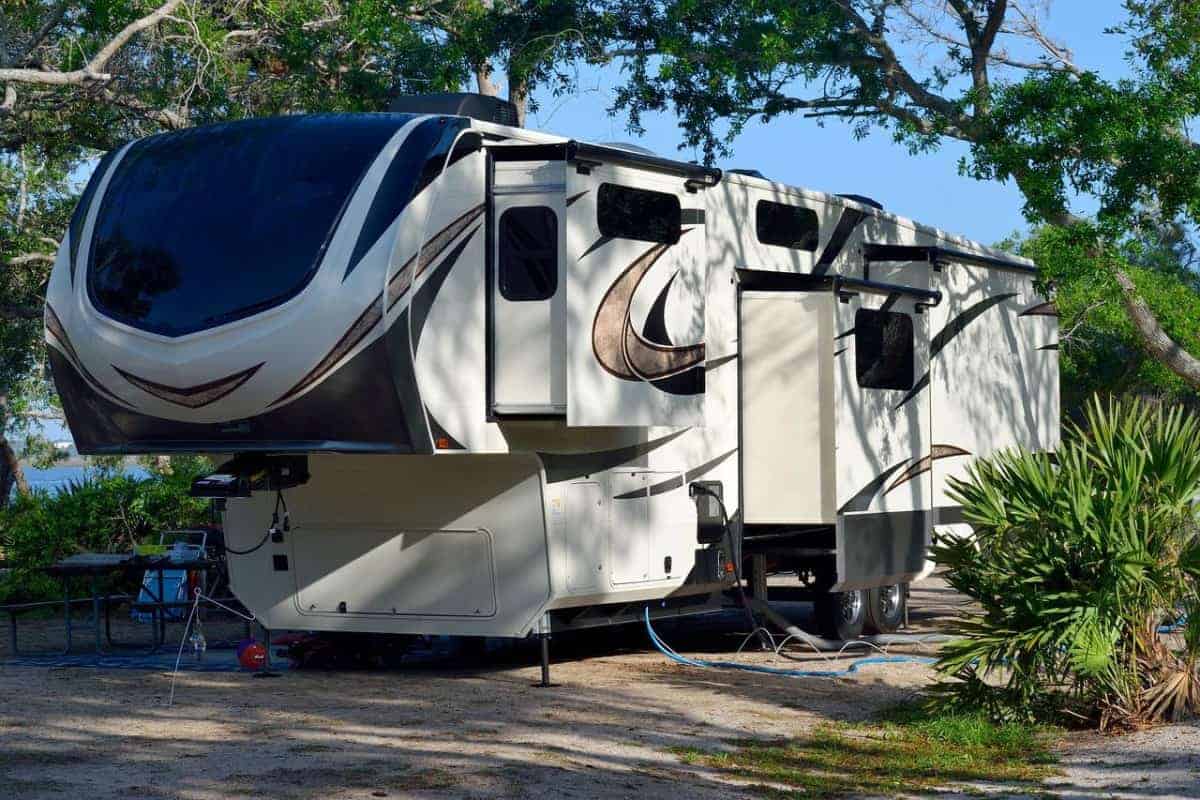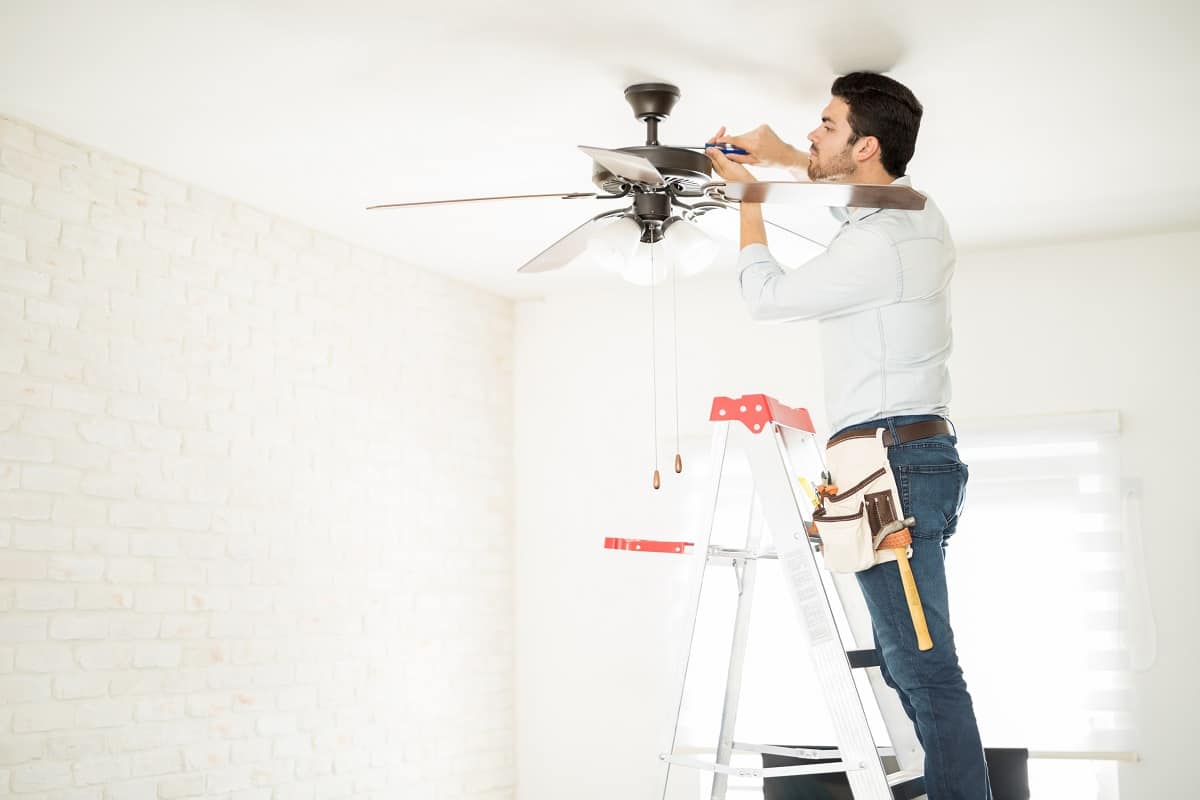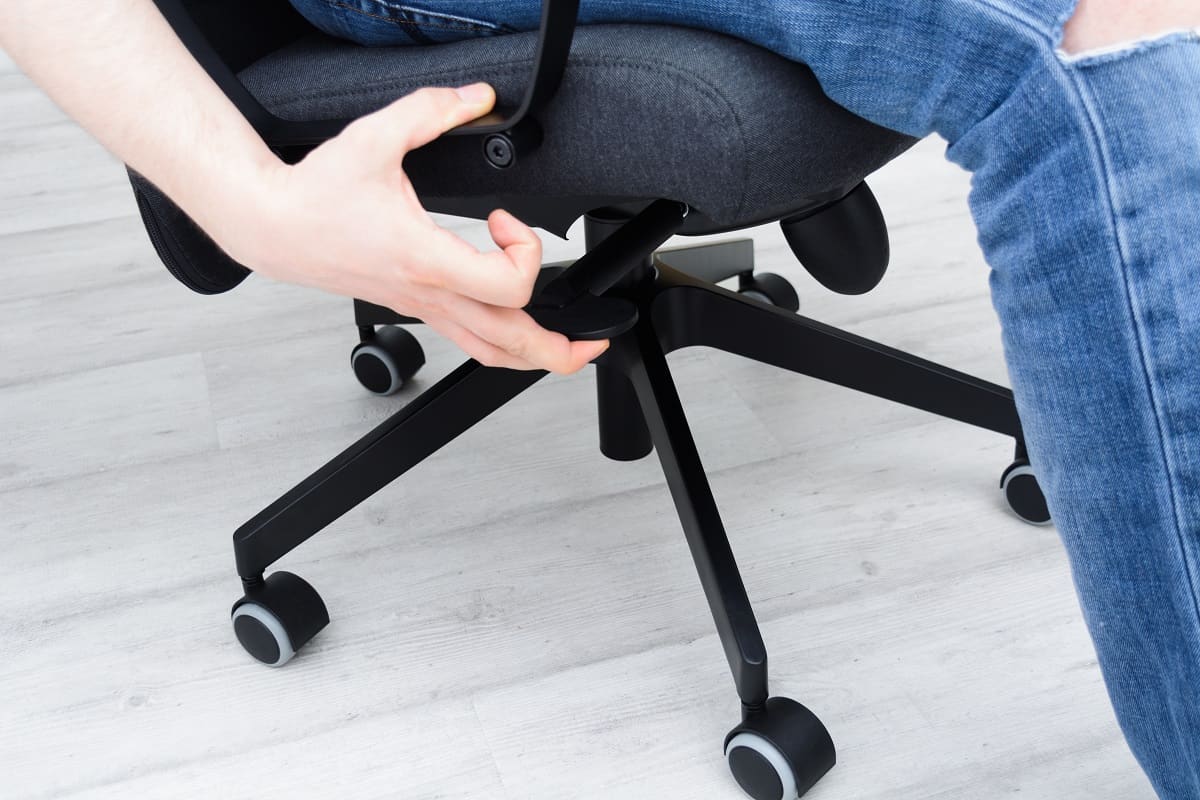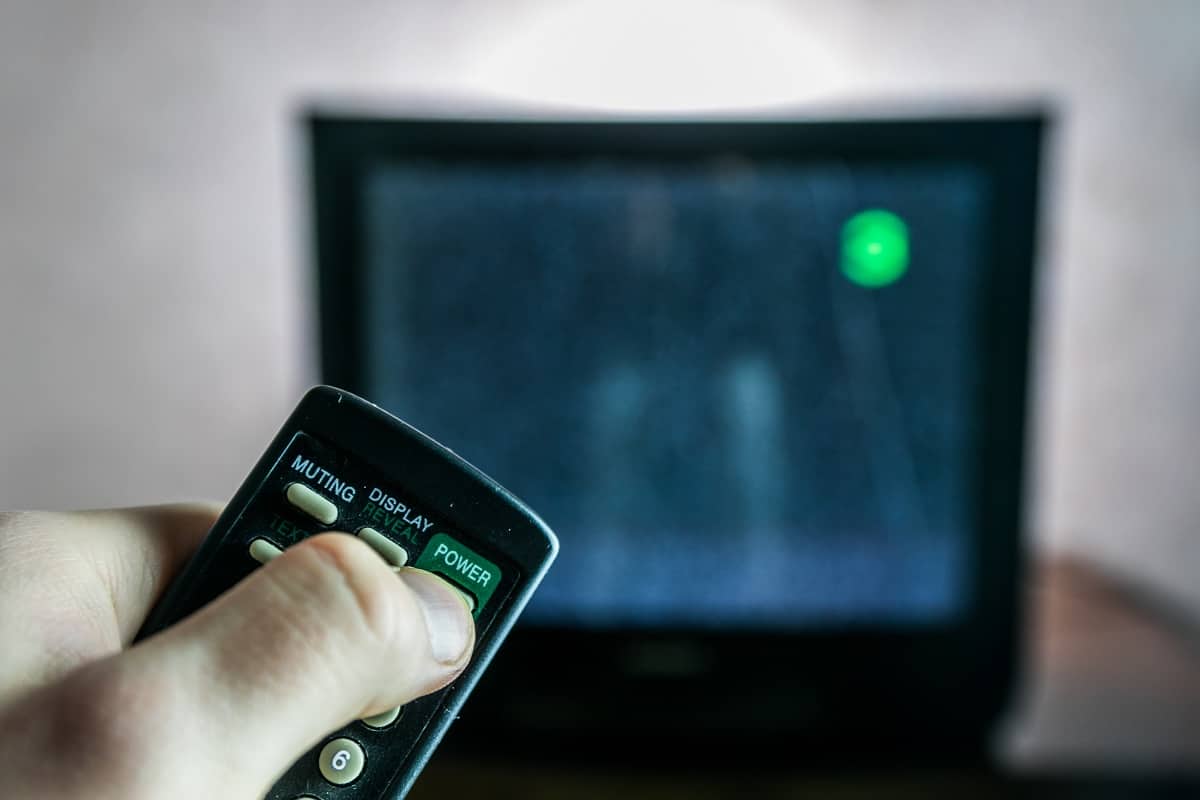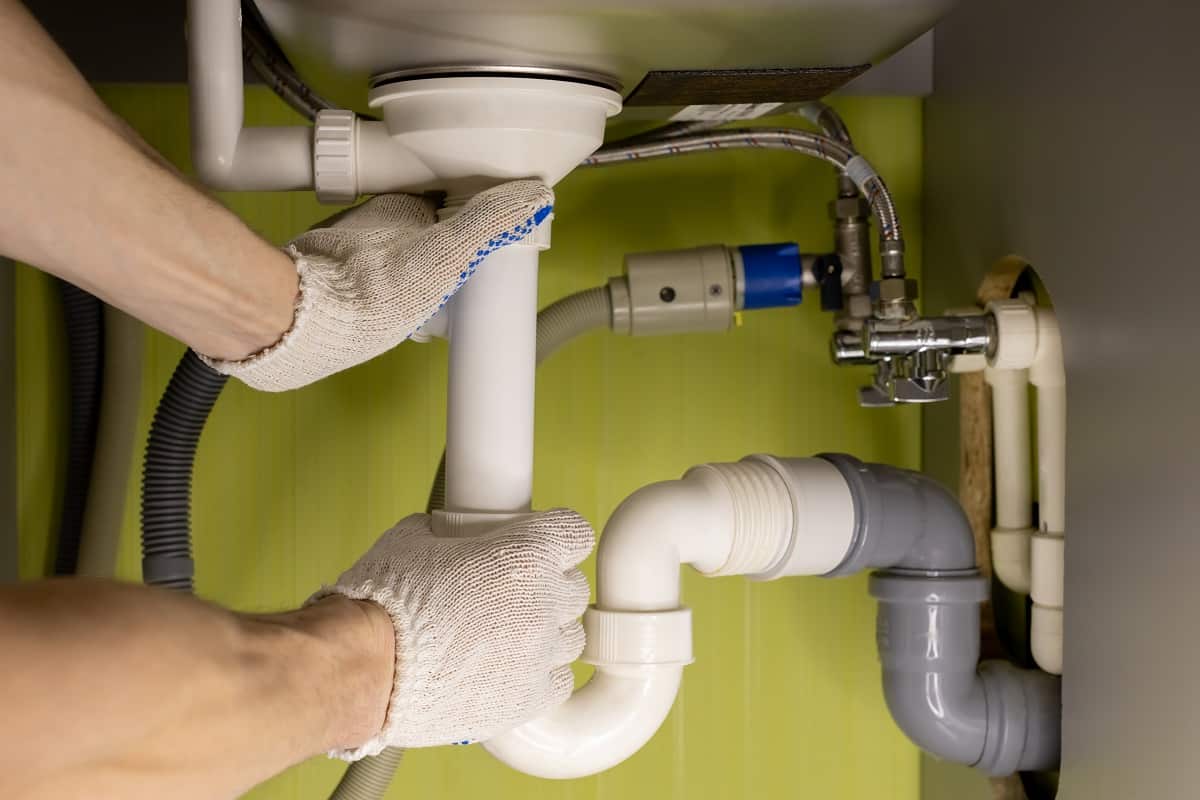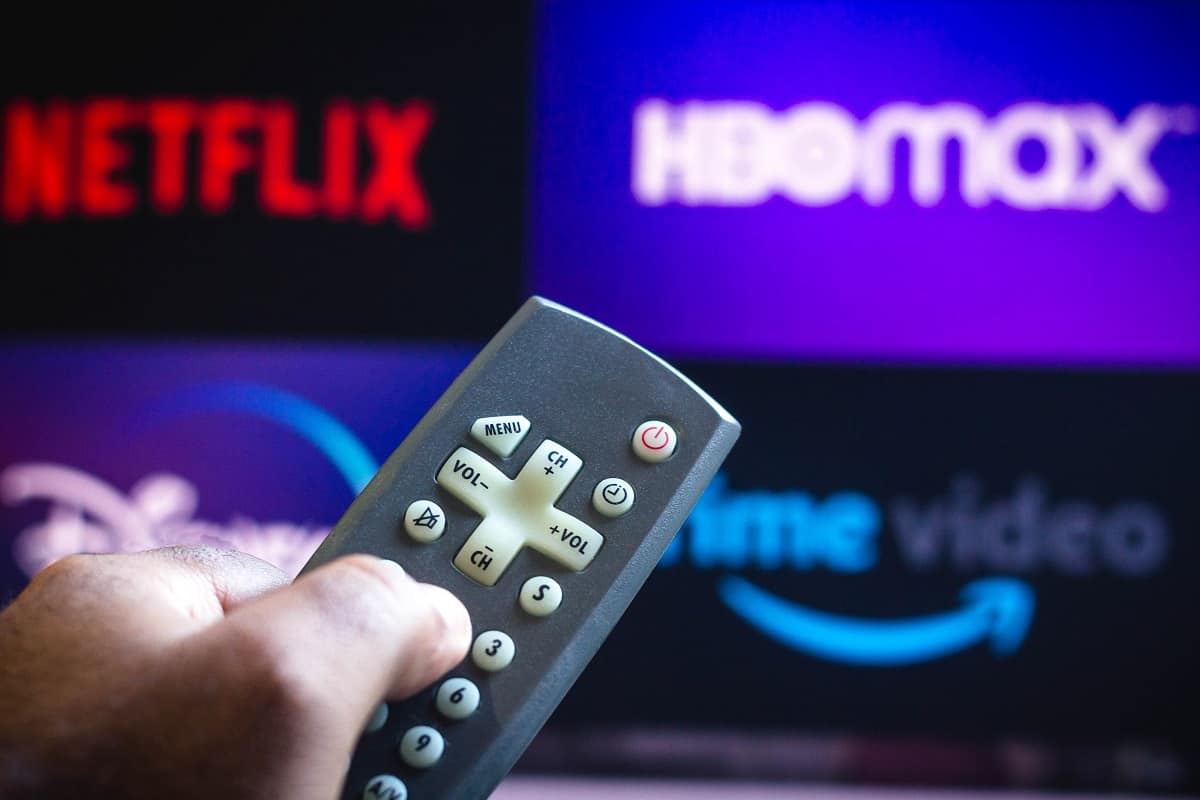The piano is a beautiful instrument. It can make the most mundane day feel like Christmas Eve, and it has been used in some of the world’s greatest music compositions.
Piano makes masterpieces such as Beethoven’s Moonlight Sonata, Debussy’s Clair de Lune, and Chopin’s Funeral March come to life. Even untrained ears appreciate the range of emotions expressed by this instrument.
It offers a wide range of sounds, from the bold and powerful to the quiet, soulful pianissimo. Therefore, it’s such a shame that there are some brands of piano that won’t let you experience this beauty for yourself.
However, even the most beautiful items can have problems. The piano is no exception to this rule. There are some brands of pianos that will make your musical dreams come crashing down around you like a house made of playing cards during an earthquake.
Editor’s note: We are focusing on traditional pianos on this list. We’ll briefly talk about keyboards at the end, but the list is all about traditional pianos.
Why Spending a lot on a Piano is a Good Idea
This is a tough question, but we believe the best reason to splurge on a piano is that you will get what you pay for.
In most cases, if it costs less than $300 per piano key, there will be problems with how it sounds and feels. The more expensive pianos are made from better materials and have been refined to be the best they might be.
With that said, there are some exceptions in this rule for very cheap pianos ($300 and under) because I know people who have gotten good deals on them. However, most of these deals were found at used piano stores or secondhand shops where you aren’t paying for anything except the space it takes up in their storage room.
In most cases, you get what you pay for with pianos. If a piano is cheap and has been used, then there’s probably something wrong with how it sounds or feels when played unless they have repaired or replaced some of its parts with new ones.
If you pay a bit more for your piano, then it’s most likely that its parts have been replaced and repaired. Not only will this make your piano sound better when played, but typically makes the action (how hard or soft each key is to press) feel smoother.
Fun fact: Did you know that playing the piano stimulates the brain and makes pianists more intelligent? The brain has to develop new neural pathways to learn to proficiently play with both hands.
It may seem like spending a lot of money on a piano is a waste of your hard-earned cash, but this isn’t the case. A well-maintained and cared for piano can last for decades or even centuries if it’s properly taken care of.
What to Look for when Buying a Piano
What makes the pianos on the upcoming list bad? Why should you avoid them? Since we are buying a musical instrument, the main issue is in how they sound. Low-quality pianos sound cheap, and cheap sound is going to hinder your ability to play.
Let’s say you take piano lessons and visit your teacher’s house for them. Their piano is likely to sound different from yours. This means that when you’re practicing alone, it’s going to be hard to understand if you’re playing bad or the piano is sounding bad.
Low-quality instruments make it harder to learn how to play them.
The thing that makes a piano sound cheap is the materials it’s made from. For example, if the keys are made of plastic or plywood, then there’s a good chance that it will sound and feel cheap when you play.
- Plastic key actions (the parts inside each individual key) can make them stiff to press down on. This can make it difficult to play the piano, especially if you have small hands.
- Plywood keys are even worse because they’re made of a bunch of sheets glued together instead of being cut from a single piece. These types of key actions are too bouncy and aren’t very responsive when pressed down on by your fingers.
Editor’s note: Plastic isn’t bad. It depends on the type of plastic used in keys. Cheap plastic is going to wear down real fast and sound terrible. But—for example—Yamaha developed a type of plastic that replicates ivory perfectly.
Avoid These Brands When Shopping for Your Piano
There are many brands to avoid when shopping for pianos. However, there are x specific brands that you should avoid buying at all costs if possible when looking for your first piano or replacing one in your home.
Buying one of these will get you a terrible deal and stifle your growth as a musician. It’s important to get a product that is of high-quality, especially since pianos are extremely expensive.
Even the cheapest ones cost thousands of dollars—unless you will compromise and are going for a piano that barely sounds like one. The issue is that recognizing notes by ear is an important skill in any musician’s tool shed. And a piano that sounds terrible is gone to teach you the wrong way. Ingrained habits are hard to fix, which makes it all the worse.
Plus, cheap pianos require more maintenance.
Let’s see the brands you should avoid at all costs.
Pearl River
Pearl Rivers has an evil reputation in the world of pianos, and for a good reason. The company offers poor quality and craftmanship with their products. This means that you’re going to need frequent repairs for your piano.
You’ll actually spend so much time repairing your piano over playing it. It’s maddening how awful the experience is.
And, it will give out within 20 years. For comparison, a similarly sized Yamaha model will last you well over 50 years.
A Pearl River piano is going to cost you more in the long run than a higher-end piano that costs way more upfront.
In addition, Pearl River pianos are made with cheap materials that make them stiff to press down on the keys. Playing and learning on it is going to be harder.
Sammick
Sammick is a brand that makes cheap pianos. They’re going to offer you an awful playing experience, and it’s going to be worsened because they don’t last very long either.
They’re likely to break down within ten years of being in your home. You’ll probably have already spent more money on repairs than a new piano would have cost you.
You’ll also notice that the keys are too stiff to press down on, making it difficult to play properly. The sound of Sammick pianos is pretty bad as well—it will not be pleasant for anyone who hears you playing or wants to take lessons from someone with one in their home.
A Sammick will not help you grow as a musician. Avoid it at all costs when shopping for your piano.
Steinbach
Steinbachs are just rebranded Sammick pianos. Everything wrong with Sammick applies to Steinbach as well.
At least they look cool. But I’d rather spend my money elsewhere if I were to buy an overpriced piece of furniture.
Wurlitzer/Baldwin
Wurlitzer pianos were acquired by Baldwin in 1988, but there are still some models lying around branded as Wurlitzer.
Baldwin isn’t a terrible brand. Their pianos sound ok, and you can learn on one. The biggest issue with Wurlitzer is that their pianos are a nightmare to tune. And—unlike guitars—turning a piano is a complicated matter.
In addition, you can’t change the pitch by simply pressing lower or higher notes. You’ll have to mess with a screwdriver and turn it counter-clockwise or clockwise in order to tune your piano properly.
This is going to lead you into thinking that pianos are difficult instruments when they’re actually not—you just need someone to show you how to properly tune your piano.
You can eventually figure it out, but the learning curve is steep. And that’s not good for any beginner musician who wants to learn quickly and efficiently without wasting their time doing frustrating things like having to frequently take apart or adjust their instrument in order to make sure they’re playing with proper tuning (i.e. so they don’t sound terrible and it sounds like a piano).
Marantz
Creating a piano should be a labor of love. Marantz had other plans, though. They specialize in high-end audio products. But pianos are clearly an afterthought for them. Their pianos sound dull and are poorly crafted.
They’re going to be too stiff and difficult for anyone to press down. You’ll struggle with playing on a Marantz piano, impairing your learning. Since learning to play a piano is already hard enough as is, make it as smooth as possible for you.
Turns out Marantz wasn’t a big believer in its own products. They discontinued production in the 90s, although you can still find them on some websites such as here.
Williams
Calling Williams pianos…pianos is an overstatement. They don’t even sound like one. They’re going to feel like a child’s toy that you’d get from Walmart.
In addition, the keys will be too stiff and difficult to press down on, making it uncomfortable for anyone who wants to learn to play them. In fact, you might even hurt yourself by pressing so hard in order to make sure the piano is being played properly.
If you want to be playing Bach or Beethoven in a few years, but are currently stuck with Williams and struggle every time you play on it for hours at a time, it’s normal. It’s going to be frustrating and discouraging for any musician who wants to learn an instrument properly.
Young Chang
Young Chang pianos are ok. They’re not terrible, but they aren’t good either.
Their sound is pretty dull compared to other brands you’d expect for the same price range. You’ll have trouble with learning on them since their keys feel stiff to press down on (like Wurlitzer).
They’re not very well-made instruments, either. The parts are made of cheap materials that don’t last long.
Once you play on it more frequently after a few months of purchasing the piano, all these components will wear out and need repairing or replacing in order for your instrument to work properly again—costing you even more money than you had to begin with.
It’s not worth it in the long run, so avoid Young Chang pianos altogether when shopping for your piano.
Piano Alternatives
Can’t afford a traditional piano? Consider getting a digital piano or keyboard instead. They’re cheaper and typically sound better than their acoustic counterparts—since they aren’t constrained by the physical limitations of an actual wooden instrument (i.e. having to use real strings, wood, etc.).
Saving up for a traditional piano is worth it in the long run though, since you’ll get superior sound quality and a much more authentic playing experience. But for beginners, get a digital piano or keyboard instead since they’re cheaper to purchase.
Plus, if you want to play in the middle of the night, a digital piano or keyboard is completely silent compared to an acoustic one. You won’t have to worry about disturbing the neighbors with your practicing.
Here’s a keyboard that’s great to get you started with pianos.
Conclusions
Pianos are great instruments to learn how to play, but you’ll need the right one. The brands we’ve discussed today will not do well for anyone who wants a quality instrument that they can practice on without breaking the bank.
If you’re looking for something cheaper and easier-to-play, consider getting a digital piano or keyboard instead. They may be less authentic than an acoustic piano, but learning is always better with proper equipment—especially if you want your music career to take off in the future.
A few last notes
- Make sure you’re getting the best instrument for your budget, not just what’s on sale at that moment.
- Avoid buying an instrument without trying it out first—it’ll be harder to return once purchased if there are any issues with craftsmanship or sound quality.
- Don’t let anyone convince you to buy a cheaper instrument—it’ll save you money in the long run.
- Digital pianos or keyboards are suitable alternatives if you’re on a budget and want to practice quietly at night without disturbing your neighbors.
Also Read:


